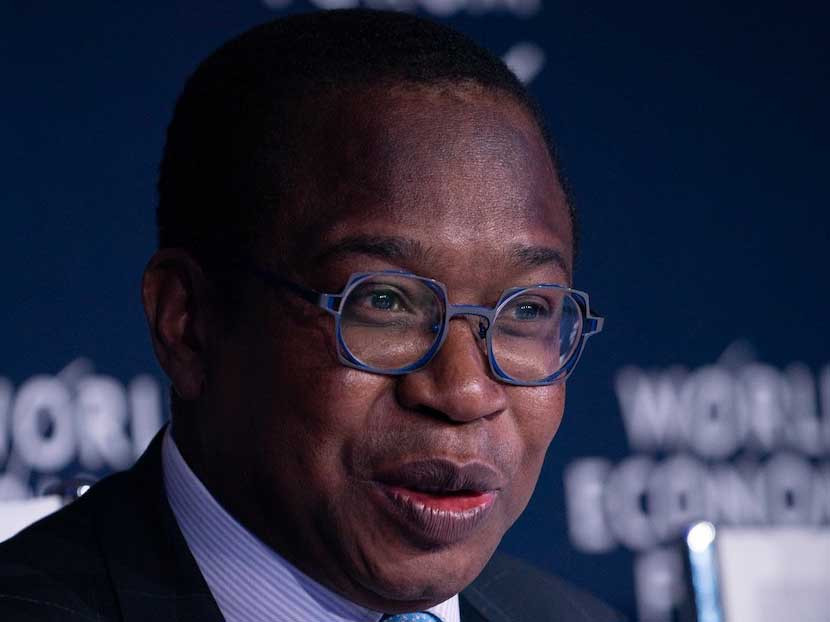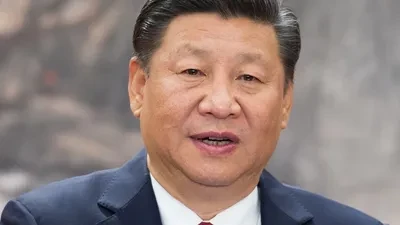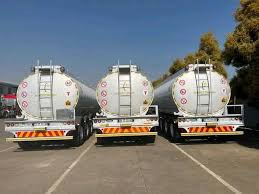
THE cash-strapped government is likely to print money to finance its $575,5 billion budget deficit, economic analysts warned yesterday after Finance minister Mthuli Ncube announced next year’s $4,5 trillion national budget.
Presenting the budget at the new Parliament building in Mt Hampden near Harare, Ncube said the $575,5 billion budget deficit would be funded through a combination of borrowing, bonds on the country’s foreign currency bourse, the Victoria Falls Stock Exchange, Treasury Bills on the domestic market, and further drawdowns on the US$1 billion International Monetary Fund Special Drawing Rights (SDRs).
Ncube said revenue collections in 2023 were estimated at $3,9 trillion while expenditure is seen hitting $4,5 trillion.
The expenditure is more than double the 2022 budget of $2 trillion.
Economic growth is estimated at 3,8% in 2023, and is expected to be sustained mainly by mining, construction and agriculture, as well as accommodation sectors.
He said month-on-month inflation targets will range from 1% to 3%, and a fiscal budget deficit of not more than 1,5% of gross domestic product (GDP) had been set.
“The overall deficit of $336.9 billion (1,5% of GDP) and net loan repayments amounting to $248,6 billion, result in total financing requirement of $585,5 billion to be financed through the following: VFEX bond issuance $95.2 billion; external loan disbursement; $398,2 billion equivalent, Treasury bill issuances, $82.2 billion, and changes in bank balances, $10 billion,” Ncube said.
“Treasury bond issuances of US$100 million will be issued in tranches through the Victoria Falls Securities Exchange, specifically for infrastructure development targeting road rehabilitation and irrigation infrastructure.
- Assessing latest RBZ monetary policy stance
- ED recycles deadwood
- Money printing fears abound. . .as govt turns to Treasury bills, bonds
- Collateral registry and access to credit
Keep Reading
“The external loan disbursement of $398,2 billion comprises an expected loan facility of US$400 million from Afreximbank still undergoing approval processes and existing loan disbursements from OFID, IFAD and BADEA,” Ncube added.
He emphasised that he would not resort to financing the budget through money printing.
But economic analysts warned that Ncube’s bonds could stoke inflation.
Development economist Chenayimoyo Mutambasere said: “This is printing money. Treasury bonds have been abused before with beneficiaries manipulating the exchange rate at the expense of the Treasury and the taxpayer,” Mutambasere said.
She said borrowing US$400 million would cause more problems.
“Some experts say it will take us 93 years to repay our loans and we want to borrow again,” she asked.
Economist Eddie Cross said: “I would personally call it printing money in the sense that he is not asking for an overdraft. It won’t be really inflationary. However, I don’t see why he has to borrow because I see him having another surplus, he is underestimating revenues.”
Another economist Trust Chikohora said: “I can’t say he is printing money, it’s just like borrowing. The deficit is at 1,5% of GDP which is within the acceptable threshold of 5% and it depends now on how interest rates and tenure are managed.”
At current rates, TBs are worth US$127 million, while VFEX bonds are worth $147,2 billion.
With elections on the horizon, Treasury is battling to appease its bloated civil service, which is expected to gobble 52, 4% of the budget.
Civil servants are demanding a basic salary of US$540 in 2023. This comes after they were pampered with special 100% US dollar bonuses across the board by President Emmerson Mnangagwa.
Ncube also announced a freeze for non-critical posts, only allowing recruitment in the social and security sectors, apparently for election purposes.
He said completion of ongoing infrastructure projects would be prioritised before commencing new projects. Major infrastructural projects such as the Gwai Shangani Dam and Beitbridge-Harare Highway are envisaged for completion prior to elections next year, as well as the Mbudzi interchange project in Harare.
Meanwhile, in order to mobilise resources from all angles, Ncube proposed to reinstate the value added tax (VAT) rate, currently at 14, 5%, to 15%, with effect from January 1, 2023.
Intermediated Money Transfer Tax (IMTT) which stood at 2% on local currency truncations and 4% on foreign currency transactions was reviewed to peg both classes at 2% to encourage use of formal banking channels as businesses were avoiding foreign currency transactions.
Mutambasere said increasing VAT was a sign of desperation on the part of government.
“They want to collect everything they can because they must spend a lot in an election year. The IMTT reduction of foreign currency shows they want to encourage formal transactions in US dollars and get something out of it.”
Cross added: “VAT is an important component of any revenue collector and some countries are even at 175 so he obviously needs that.”
Ncube also proposed to review upwards the flat rate of excise duty on energy drinks from US$0,05 per litre to US$0,10 per litre, with effect from 1 January 2023.
The flat rate of excise duty on energy drinks is meant to raise money for the Non Communicable Diseases Fund to support cancer, diabetes, and hypertension patients.
Ncube scrapped rebate of duty on capital equipment, replacing it with suspension of duty on specified capital equipment imported by approved tourism operators, with effect from January 1, 2023.
“Furthermore, for ease of administration, I propose that the minimum value of capital equipment to be imported under suspension of duty be pegged at US$25 000, with effect from 1 January 2023,” he said.
On rebate of duty on goods imported by relief, welfare and church organisations for free distribution to the less privileged, Ncube said: “It has, however, been observed that some organisations are importing commercial consignments for resale on the local market under the guise of donations to the detriment of locally-produced products. I, therefore, propose to limit such donations to exclude commercial consignments and locally produced goods from a rebate of duty facility. This measure takes effect from January 1, 2023.”
Follow us on Twitter @NewsDayZimbabwe










